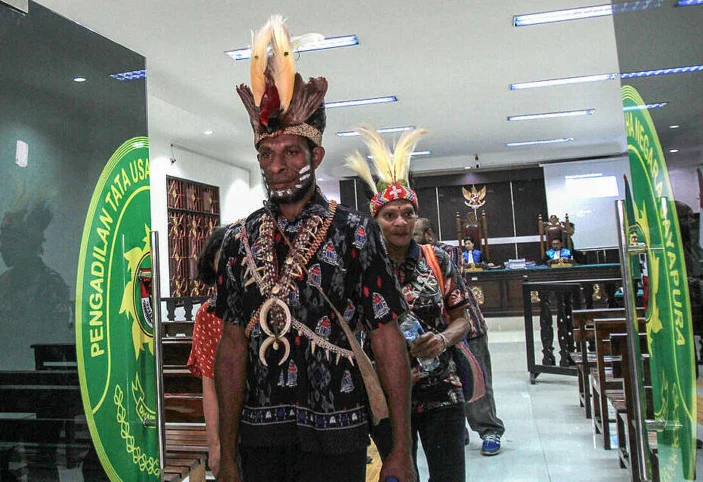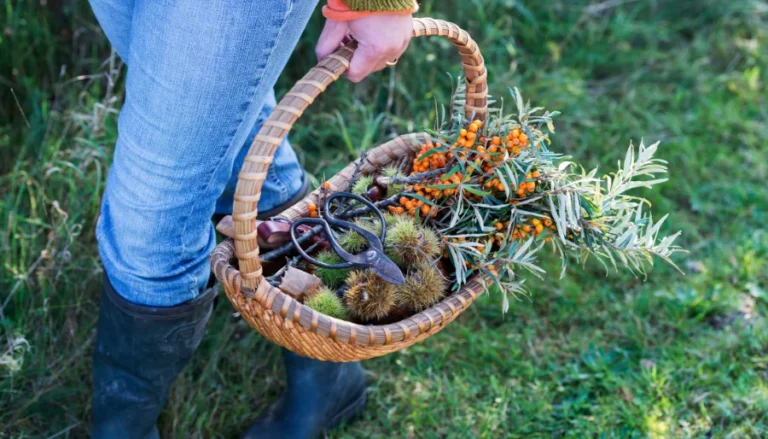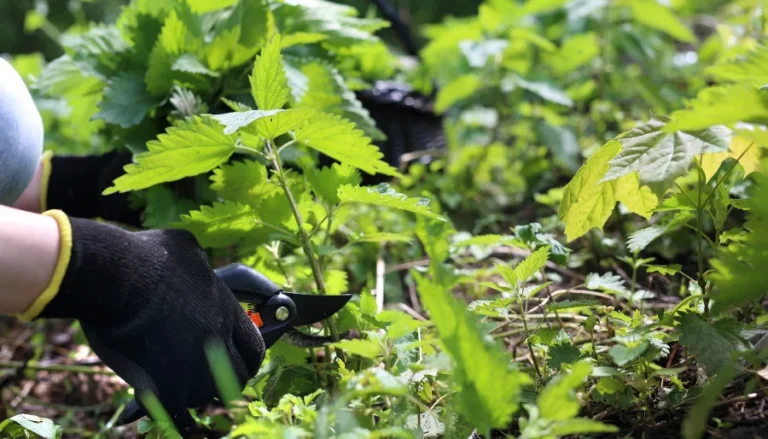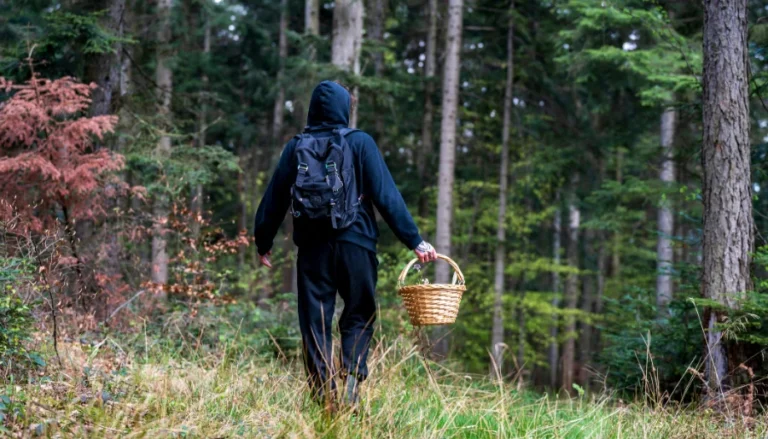Indigenous communities in South Papua, Indonesia, are up in arms following a court decision that has given the green light to palm oil company PT Indo Asiana Lestari (IAL) to proceed with its plan to clear ancestral forests.
The court’s rejection of a lawsuit against IAL’s environmental permit essentially grants the company permission to devastate 65,000 acres (26,326 hectares) of primary forest, an area equivalent to one-third the size of New York City.
This ongoing conflict revolves around the Awyu tribe’s struggle against IAL, which holds a 96,840 acres (39,190 hectares) concession within the larger contentious Tanah Merah project. This ambitious endeavor, if fully realized, would replace a staggering 692,000 acres (280,000 hectares) of precious rainforest, ranking as the third-largest stretch globally. That’s nearly twice the size of London.
The area would be replaced by an interconnected network of oil palm estates, operated by various companies, some shrouded in corporate secrecy with anonymous investors based in the Middle East and China.
The Tanah Merah project’s journey has been riddled with problems, including licensing irregularities that have raised serious concerns. Some permits were signed by a politician serving time for corruption, while others were allegedly forged, demonstrating a complete lack of transparency and oversight.
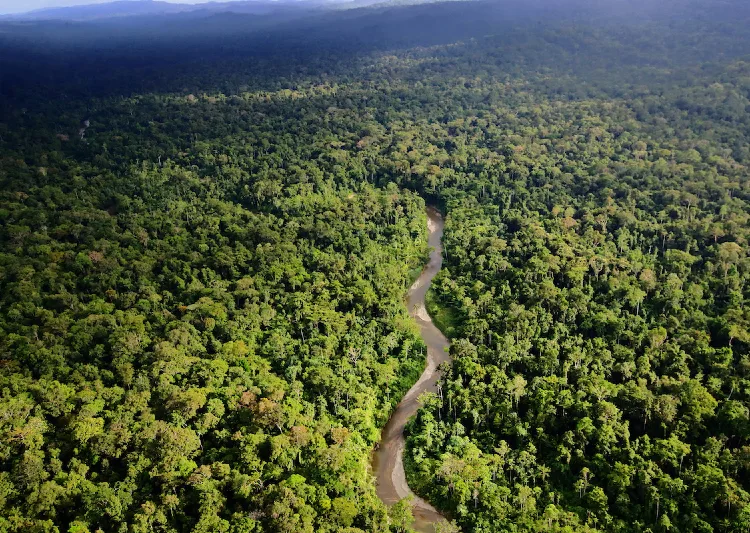
One of IAL’s most recent permits, obtained with support from Malaysia’s Whole Asia Group, is a decree issued by the head of the Papua investment agency, granting approval for the company’s environmental impact analysis, known as Amdal. This decree essentially serves as an environmental feasibility permit for IAL.
The Awyu tribe contends that they were never engaged in the permit issuance process, even though their ancestral lands stand to be directly affected. This violates the 2021 law on Papua’s special autonomy, which explicitly mandates Indigenous participation in the permit issuance process. Astonishingly, the tribe only became aware of the permit’s existence in August 2022, despite it being issued on November 2, 2021. Furthermore, their objections during the permit issuance process were seemingly ignored, compelling them to initiate a lawsuit in the state administrative court in Jayapura on March 13, 2023.
Throughout the seven-month trial, the court was presented with an array of compelling evidence. This included 102 documentary pieces, six factual witnesses, and three expert witnesses, all of which highlighted glaring irregularities and fraud in IAL’s permits. Despite this avalanche of evidence, the court shockingly rejected the lawsuit on November 2, 2023.
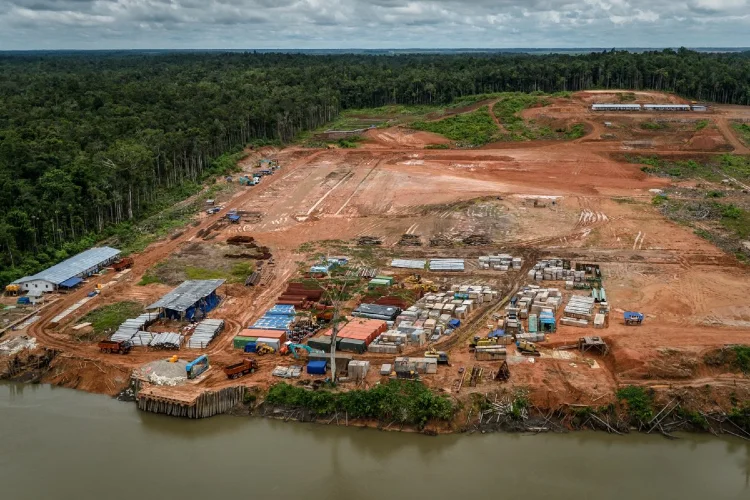
Hendrikus Woro (pictured in main image above), a member of the Awyu tribe, expressed his profound disappointment at the court’s decision but remained resolute in his determination to continue the struggle for their ancestral land. He passionately declared, “I’m ready to die for the land that my ancestors bequeathed us.”
Sekar Banjaran Aji, a Greenpeace Indonesia forest campaigner and member of the Awyu tribe’s legal team, lamented the judges’ failure to consider the environmental consequences of IAL’s actions. The staggering deforestation of 26,326 hectares, or 65,000 acres, of primary forest within IAL’s concession is estimated to unleash at least 23 million metric tons of carbon dioxide, equivalent to 5% of Indonesia’s projected annual carbon emissions for 2030.
Despite the damning evidence presented, the judges refused to acknowledge the flaws in the Amdal process, asserting that it wasn’t the focus of the tribe’s contestation in court. However, Sekar stressed that the Amdal forms the very basis for the issuance of the environmental feasibility permit.
Furthermore, the judges inexplicably attached weight to a support letter from an Indigenous organization called LMA, which lacks representation of the Awyu Indigenous people and the Woro clan. This decision blatantly disregards the principle of free, prior, and informed consent (FPIC) from directly affected communities.
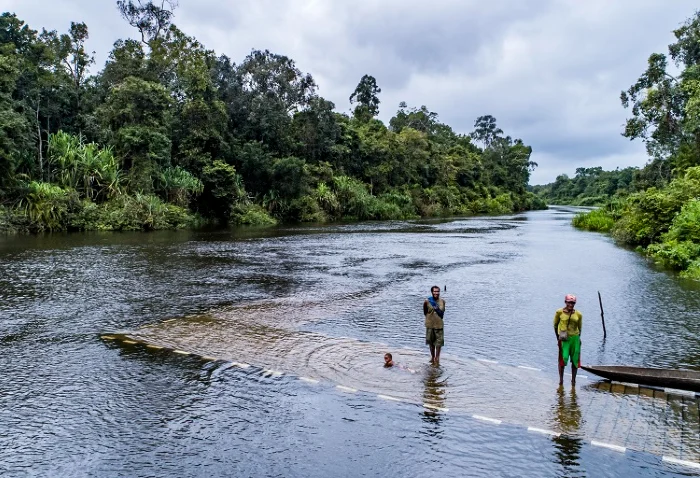
While IAL had garnered support from the LMA, it conspicuously failed to engage in meaningful consultation with the Awyu tribe, especially the Woro clan. Company maps conspicuously omitted the Woro clan’s existence, and the Amdal document neglected essential details about the environmental landscape within the concession area, home to a plethora of endemic plant species.
Sekar argued that the Woro clan may have been deliberately excluded from the maps due to their protests against IAL. The Awyu tribe has vehemently opposed the palm oil project since learning of IAL’s intentions to establish large-scale oil palm plantations, fearing the displacement of their ancestral lands.
More To Discover
- Self-Heating Concrete Could Save Billions by Melting Snow Without Salt or Effort
- Biden’s Climate Strategy Hits Oil Industry with Methane Fines: They Had 3 Years to Prepare, They Didn’t; Now the Bills Are Due
- Fish Farms Intended to Rescue Wild Salmon Are Ironically Leading to Their Decline
- Climate Change vs. America’s $253 Billion Fishing Industry: Senate Hears From Experts
IAL hasn’t yet commenced land clearance, but the deployment of heavy equipment since early 2021 has triggered alarm among local communities.
Kasimilius Awe, the chief of the Awyu’s Awe clan, stressed the pivotal role of their lands and forests for their livelihoods, expressing their profound concern about losing them. He poignantly stated, “All of our lives depend on nature.” Despite the setbacks in court, the fight to protect these ancestral lands and the environment continues unabated.







